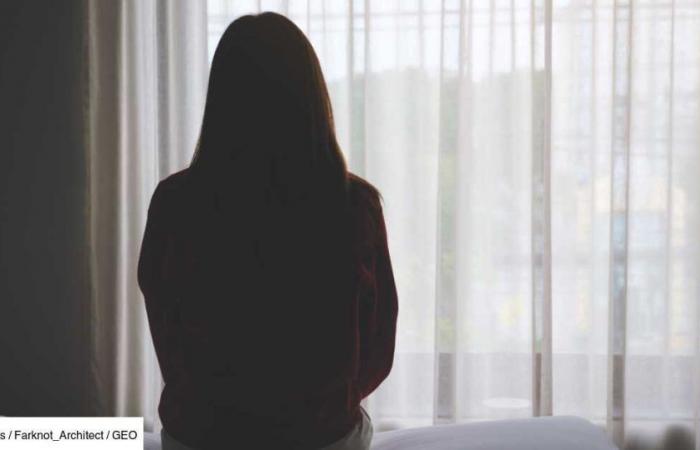South Korea has one of the highest suicide rates in the world. In 2023, its government unveiled a five-year plan to try to address this. In terms of mental health, ministers notably announced the establishment of state-funded medical examinations. A system renewed every two years for citizens aged 20 to 34.
In recent decades, a phenomenon has emerged, before intensifying with the Covid-19 pandemic: “Hikikomori.” This term refers to adolescents and adults who live in seclusion for at least six months, at home or at their parents’ home, forced to provide for their needs. They do not study, do not work, do not meet anyone. Sometimes, these Koreans, prey to generalized anxiety, do not even leave their rooms.
The rest under this advertisement
Nature takes its time…
like this ad!
Nature takes its time…
like this ad!

Education in South Korea: Obsession with Success
This phenomenon is far from anecdotal, since a survey conducted last year by the South Korean Ministry of Health and Welfare among 15,000 young people aged 19 to 34 revealed that more than 5% of them were isolating themselves. And it is not limited to this Asian country, since it is comparable to that identified in the 1990s in Japan. Distraught, fathers and mothers have chosen to lock themselves away in the cells of a very particular institution to try to better understand their children and help them.
The rest under this advertisement
Nature takes its time…
like this ad!
13 weeks to reconnect with your child
This “Happiness Factory” is not a prison, even if one might think so at first glance. The minimalist-style rooms of this establishment located in Hongcheon-gun, in the Gangwon province, do not communicate with each other and are cramped, describes the BBC, in a report published Saturday, June 29. No electronic devices are allowed and the only contact between the resident and the outside world is limited to a trapdoor through which meal trays circulate. However, these are not prisoners living there, but Koreans who came of their own free will.
The adults who settle in this institution supervised by two NGOs share the hope of better understanding the ordeal their child is going through. The program, set up in April 2024 and lasting thirteen weeks, aims to help them decipher the reasons why their son or daughter decided, one day, to cut off all contact with society.
The rest under this advertisement
Nature takes its time…
like this ad!
Nature takes its time…
like this ad!
Concretely, keys to understanding “Hikikomori” are transmitted to them to help them re-establish dialogue with their offspring. They are also offered to live in seclusion for three whole days in order to generate empathy in them towards their children.
“You’ve been through so much.”
The program appears to be bearing fruit as Korean parents, after spending time in isolation, feel closer to their children. “I wonder what I did wrong, it hurts to think about it, but in thinking about it I have gained some clarity”the mother of a 24-year-old man who, promised a great academic career, has been living as a recluse for three years, confided to the British broadcaster.
I realized that it was important to accept my child’s life without forcing him into a mold.adds a second participant.
The rest under this advertisement
Nature takes its time…
like this ad!
And when the BBC asked a third person what she would say to her son if he came out of isolation, she replied, her eyes shining with tears: “You’ve been through so much. It was hard, wasn’t it? I’ll watch over you.”
The initiative taken by the two NGOs also aims to break the vicious circle of isolation. As the news site explains, the parents of these young Koreans in pain are sometimes so ashamed of this situation that they do not dare to talk about it to those around them. Sometimes, they cut off all contact with their loved ones. It is an entire family that is then sidelined.
Research by the South Korean Ministry of Health and Welfare highlighted the factors that prompt 19-34 year-olds to withdraw from the world: difficulty finding a job (24.1%), poor interpersonal relationships (23.5%), family problems (12.4%) and health concerns (12.4%).






